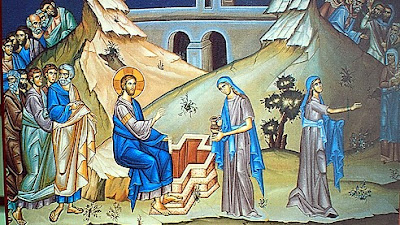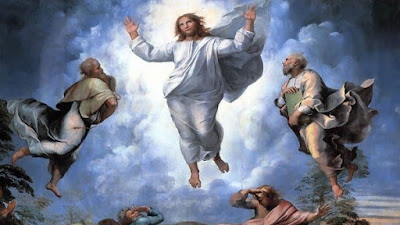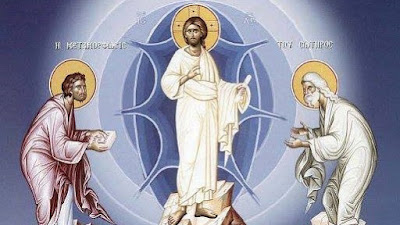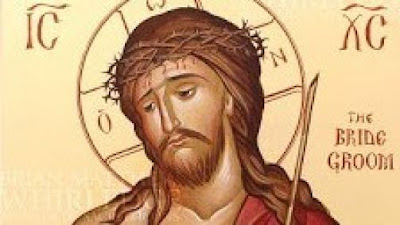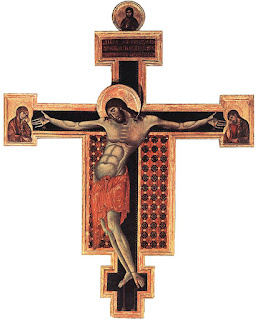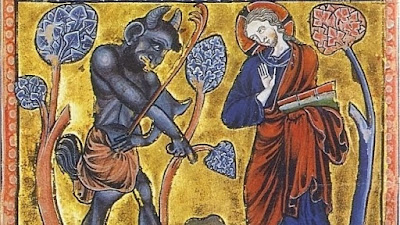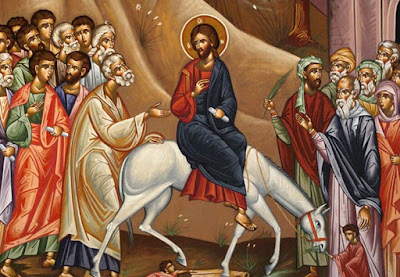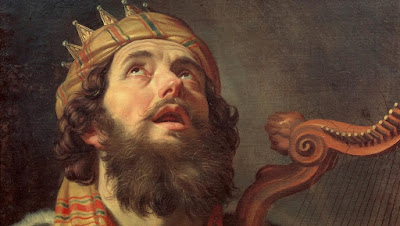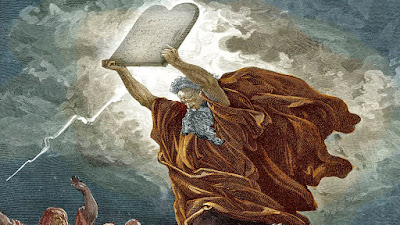Homily for the 5th Sunday in Lent, March 29, 2020, Year A

Fr. Charles Irvin Diocese of Lansing ( Click here for Sunday’s readings ) All of us, I am sure, have read recent accounts about the decline of interest in religion among Americans. A recent survey reports that 20% of Americans have no religious affiliations at all and feel no need of God or belief in God. It seems they feel that they are self-sufficient; God is not necessary. So why are we here? Our motives are many and mixed. Some are here in their need seeking God’s help. Some are here seeking God’s forgiveness, others out of love of God, others out of thanksgiving for all that God has done for them. Some are here simply out of a sense of duty and others out of mere habit. All of us are looking forward to everlasting life with God in heaven. In the opening prayer of today’s Mass, we heard the words: “Help us to embrace the world that you have given us, that we may transform the darkness of its pain into the life and joy of Easter.” In the first reading from the prop
